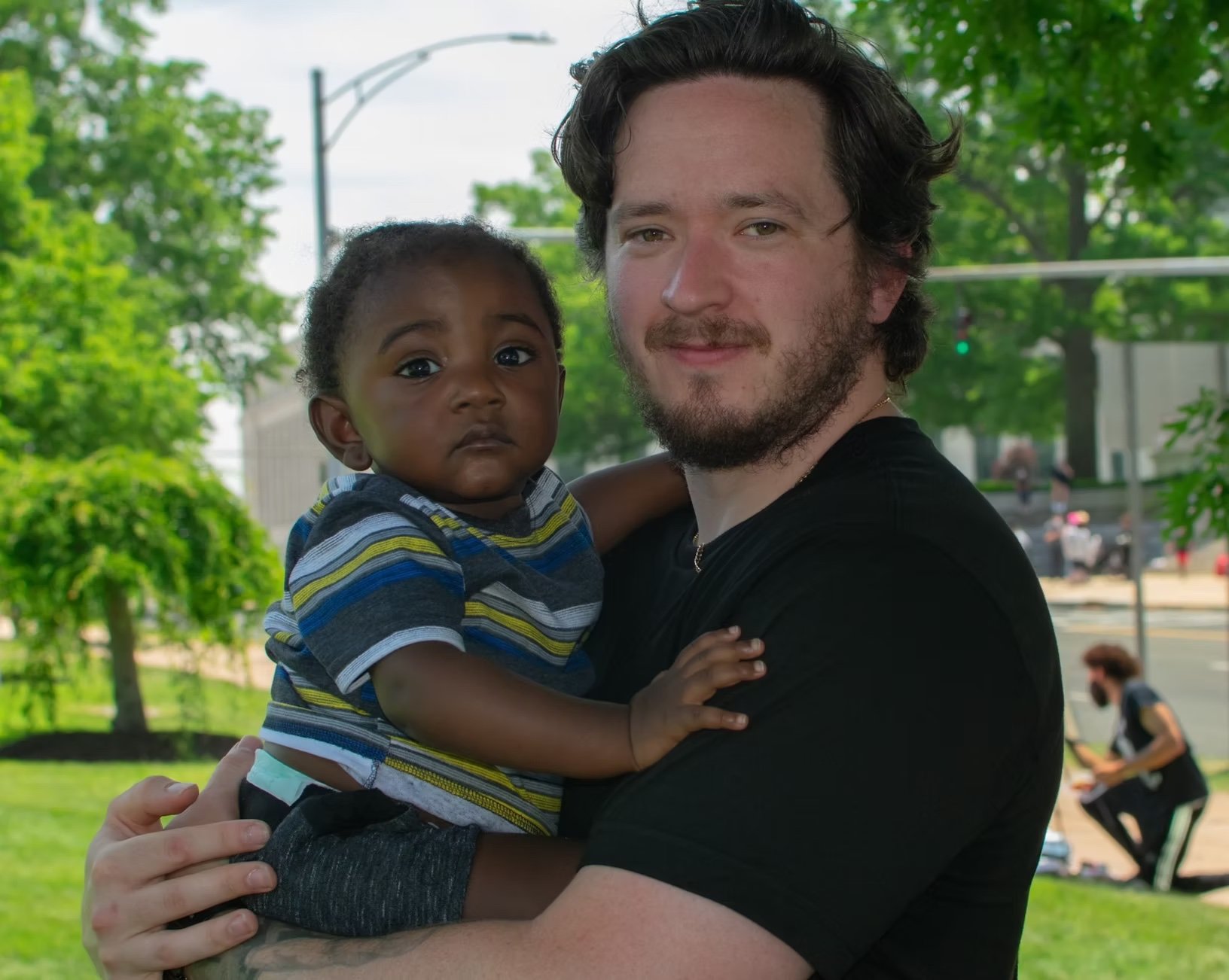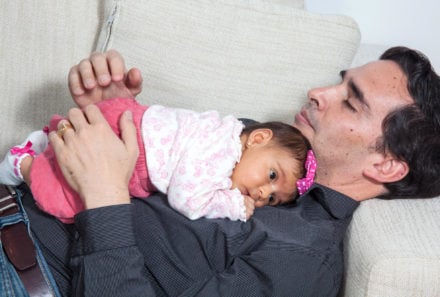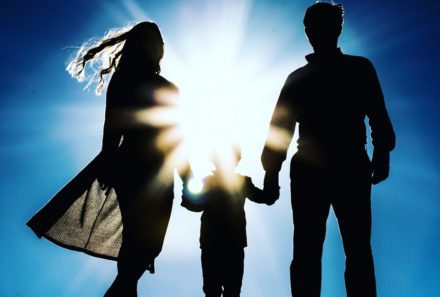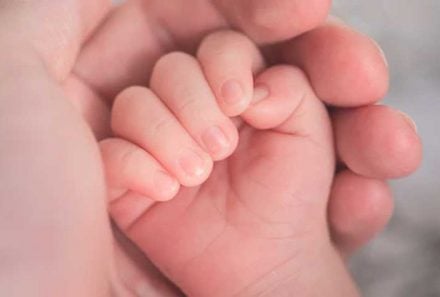Explore Transracial Adoption: Challenges and Opportunities

Children adopted across racial lines face identity struggles, cultural disconnect, and social prejudice that can shape their growth. At the same time, families discover opportunities for cross-cultural learning, stronger social awareness, and support networks that reach beyond their usual circles.
In the US, about 40% of adoptive families are transracial, according to the American Bar Association. Transracial adoption is no longer rare, which makes it essential to understand both the obstacles and the benefits it brings.
Families and adoptees share this journey in complex but rewarding ways. Keep reading to learn the real challenges and the lasting opportunities.
What Are the Steps of the Adoption Process?
The adoption process involves clear steps that guide you from start to finish. When you work with an adoption agency, you usually move through the following:
- Application and screening
- Home study and approval
- Matching with a child
- Placement in your home
- Supervision period
- Final legal adoption
What Comes After Adoption?
After adoption, you enter a stage focused on bonding and adjustment. An adoption agency in Orlando will guide you through post-placement visits where a caseworker checks how your family and child are adapting. Once the supervision period ends, the court issues the final order that makes your child a permanent family member.
What Should You Do Before Adopting?
Preparing for adoption starts with preparing both emotionally and financially. You can also talk to an adoption agency in Ft Lauderdale, which can explain legal requirements. At the same time, you need to:
- Take time to speak with your family about the upcoming change
- Build a support system
- Gather necessary documents
Understanding the Challenges of Transracial Adoption
Families often face complex realities when they adopt across racial lines. The most pressing interracial adoption challenges include:
Identity Struggles
Many children in transracial adoption grow up feeling different from the people around them. They may look for clues in their background while balancing the culture of their new home.
The gap shows up in daily life, from school to family events. The struggle is evident in the many adoption family stories shared by kids from transracial families over the years.
Cultural Disconnect
In cross-cultural adoption, children sometimes lose touch with the customs, food, and language of their birth culture. When you cannot share those traditions at home, the child may feel like a piece of their identity is missing. Over time, this can create feelings of disconnection or confusion about who they are.
Social Bias and Prejudice
In interracial adoption families, parents and children may face stereotypes, unfair treatment, or constant questions about their connection. An adoption agency in Florida helps prepare you for such realities through guidance and support.
Still, you must teach your child how to navigate such situations through:
- Asking questions to challenge unfair comments
- Walking away from hostile encounters
- Talking with trusted adults after difficult experiences
Embracing the Opportunities of Transracial Adoption
Families who choose to adopt across racial lines discover growth that extends beyond their homes. The benefits of diversity in adoption include:
Cross-Cultural Learning
Children in multiracial families learn about the traditions, foods, and languages tied to their birth culture. Parents who take part in these practices grow alongside them, which builds trust and strengthens family bonds.
A reputable adoption agency in Tampa links you with cultural mentors, language programs, and community events. These resources give your child direct experiences that build pride and a clear sense of identity.
Stronger Social Awareness
Growing up in a cross-cultural home teaches children to see the world through more than one lens. They notice issues of race and fairness early, which helps them develop resilience and empathy.
A competent adoption agency in Naples can guide you toward workshops and support groups that address bias. By taking part, your family learns how to face prejudice and stand up for inclusion.
Broader Support Networks
Adoptive families benefit when they connect with others who share their journey. Through shared advice and lived experience, children see they are not alone, and parents gain steady guidance.
You can find real help through transracial adoption support groups that offer:
- Mentorship for parents and children
- Cultural events that honor heritage
- Peer groups where kids feel understood
Frequently Asked Questions
What Attachment Style Do Most Adoptees Have?
Most adopted children are not locked into one attachment style. Those brought into families at an older age or who lived through hardship before adoption face a higher chance of forming an insecure attachment.
You can help by creating steady routines and showing patience. Building trust through reliable care and open conversations also helps children feel secure in their relationships.
What Disqualifies You From Adoption in the US?
You can be disqualified from adoption if you have a history of child abuse, violent crime, or drug-related offenses. Courts and agencies also review whether you can provide a safe and stable home.
Health problems that prevent safe parenting or untreated mental illness can also raise concerns. Financial instability or a lack of honest information during the process may stop approval.
Is It Easier To Adopt a Baby or a Toddler?
It’s usually harder to adopt a baby because wait times are longer, and more families wish to adopt infants. Toddler adoptions often move faster since placements are generally available sooner.
Each option comes with its own set of challenges and rewards. Parenting a baby means shaping early milestones, while adopting a toddler brings more independence and established habits.
What Is the Transracial Adoption Paradox?
The transracial adoption paradox describes when children raised in a family of another race feel caught between two worlds. They may not fully connect with the culture of their birth or the culture of their adoptive home.
The tension can leave children unsure of where they belong. As a parent, you can ease it by honoring both identities in daily life.
The Journey of Transracial Adoption
Transracial adoption shapes identity, family bonds, and community ties in lasting ways. Challenges such as social bias and cultural loss stand beside opportunities for learning, awareness, and support. Families who walk this path grow to form lasting bonds.
At Heart of Adoptions, Inc., we have helped create families through adoption since 2001. We have also completed more than 2,000 child placements. Contact us to begin your adoption journey with trusted guidance.






